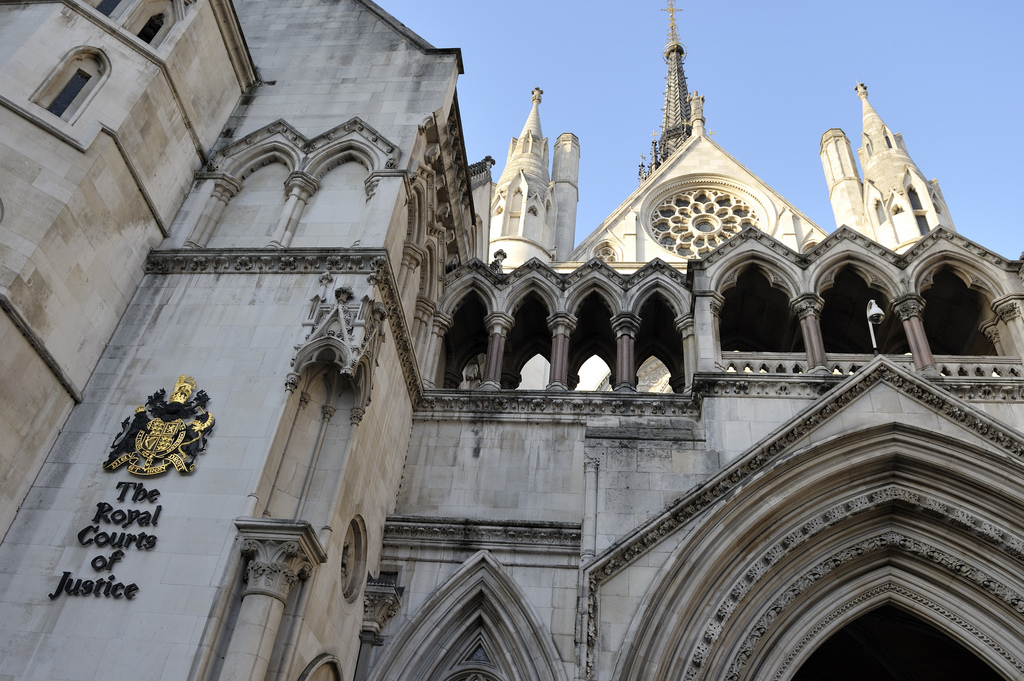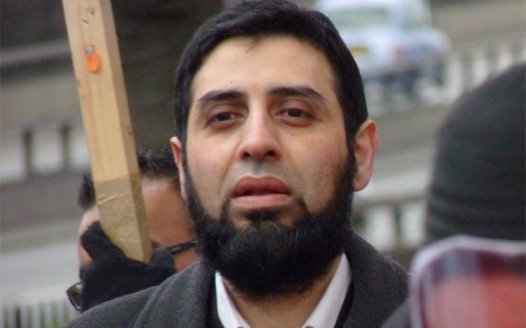Court rules against coroner’s ‘cab rank’ policy
Posted: Fri, 27th Apr 2018
The National Secular Society has said religion must not "automatically entitle people to expedited access to public services" after a coroner lost in court over her 'cab rank' policy.
On Friday the High Court ordered Mary Hassell, the senior coroner for inner north London, to change her policy of refusing to prioritise work for religious reasons.
Hassell's policy said that "no death will be prioritised in any way over any other because of the religion of the deceased or family, either by the coroner's officers or coroners". Lord Justice Singh and Mr Justice Whipple ruled that it was incompatible with the Equality Act and articles nine and 14 of the Human Rights Act.
The court's judgment said coroners could not "lawfully exclude religious reasons for seeking expedition of decisions". It said coroners' policies needed to be "flexible" and enable "all relevant considerations to be taken into account".
But it added that it would be wrong for coroners to prioritise cases automatically for religious reasons.
The decision came after the Adath Yisroel Burial Society (AYBS), a Jewish group, brought a judicial review into Hassell's policy. Hassell withdrew a previous arrangement which granted special treatment to Jewish people in October 2017, citing unreasonable demands and behaviour from AYBS representatives towards her staff.
In its ruling the court said it hoped Hassell could "draft a new policy which met the needs of all concerned, including protection of the legal rights of all members of the community". It suggested taking advice from the chief coroner, Mark Lucraft QC, among others.
Before the hearing the NSS wrote to the chief coroner to express concern that political interference had unduly influenced proceedings. In his submission to the court Lucraft described Hassell's policy as "over-rigid", "not capable of rational justification" and "not lawful" – despite the fact he had previously called it "excellent".
His position changed after several prominent politicians spoke out against the policy, including several London-based MPs and the city's mayor, Sadiq Khan. The prime minister also responded to a question about the case in the House of Commons by saying it was "important that we take into account specific requirements of someone's faith".
In response to the court's ruling Stephen Evans, the NSS's CEO, said: "Despite ruling that this specific policy was too inflexible, the court has rightly recognised that religion isn't a trump card that gives an automatic right to preferential treatment. Indeed, the ruling is clear that it would be wrong to give automatic priority to cases for religious reasons.
"Whether to accord one case priority over another is for coroners to determine, and they should be free to make their decisions without harassment from religious communities. In Mary Hassell's case it was certainly fair to resist the unreasonable demands which were placed on her office.
"Religion must not automatically entitle people to expedited access to public services.
"Mary Hassell has been bullied and hounded for sticking up for the principle of equal treatment and resisting demands which were impossible to meet. This was a policy borne of frustration."
Coroners are independent judicial office holders responsible for investigating deaths where the cause of death is unknown or considered unnatural. The role is funded and resourced by local authorities.
After the ruling the vice president of the Board of Deputies, Marie van der Zyl, called on Ms Hassell "to consider her position". In response Mr Evans said "Mary Hassell's removal would set a very damaging precedent and embolden those who demand special treatment for religious groups".
While you're here
Our news and opinion content is an important part of our campaigns work. Many articles involve a lot of research by our campaigns team. If you value this output, please consider supporting us today.








